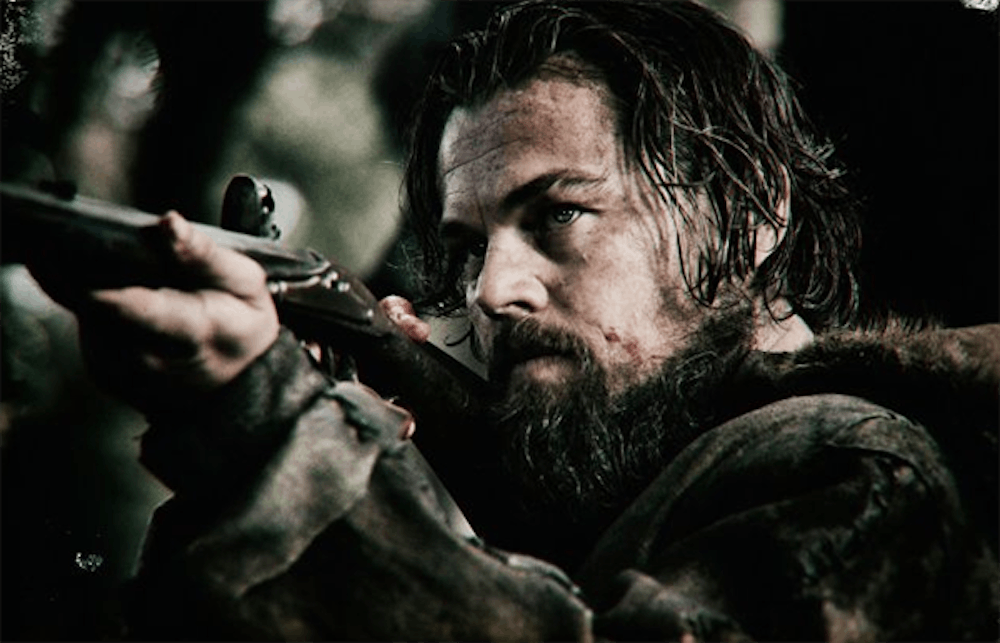A recently-published review of “The Revenant” by Cavalier Daily writer Ben Hitchcock claims the film provides very little substance besides wearying amounts of violence and bloodshed. While gore certainly plays a large role in the movie, Hitchcock’s dismissal of the rest of the movie misses out on some truly beautiful moments.
The relationship between Hugh Glass (Leonardo DiCaprio) and his half-Native American son Hawk (Forrest Goodluck) is tragic even before Hawk is murdered. Through a series of flashbacks, viewers see snippets of Glass’s life before his involvement in the trading company — he had happiness with his wife and a twinkle in his eye with young Hawk. Then, the film shows an attack on his family’s tribe — and the first bitter separation of Glass and Hawk.
Outside of these flashbacks, the father-son relationship shows up in the context of the fur company. In one scene, Glass scolds Hawk for talking back to Fitzgerald (Tom Hardy) after the latter makes racist comments. Glass, explaining to his darker-skinned son how the other men only see Hawk’s skin color, has the heart-wrenching expression of a father’s pain. DiCaprio wears this character well, delivering a stellar performance of a man struggling to do right by his family.
The film also presents a refreshing narrative with its portrayal of Native American tribes. At different points throughout the movie, the Native peoples are portrayed as feared warriors and raiders, skilled traders, respected negotiators and compassionate cohabitants. This three-dimensional characterization should be commended and has been overlooked in general critical treatment of the film so far.
The film’s camerawork and presentation of the Dakota wilderness should also be applauded. In a film about one man’s struggle against nature, it’s important to accurately depict the strength of the wilderness. From tracking shots weaving through pine forests to high-angle shots showing the vast landscapes Glass traverses, the cinematography establishes the fierceness of nature in relation to this narrative.
The Cavalier Daily’s earlier review lauded Hardy’s performance as Fitzgerald, the distrusting trapper. But this praise is perhaps overstated. Just as nature’s almighty force must be shown to support the story, Fitzgerald must be portrayed as the ultimate pragmatist with a touch of crazy — the solid enemy. Hardy’s performance makes Fitzgerald easy to hate, but at the same time makes audiences wonder whether Fitzgerald did in fact make the right decision, given the circumstances.
It’s impossible to predict whether DiCaprio will win the Oscar for Best Actor. Many other great performances were nominated this year, and it won’t be the biggest scandal if another actor takes the prize — the Academy has plenty of other questions to answer right now.
Ultimately, it doesn’t matter if DiCaprio wins or not. “The Revenant” won’t be any less beautiful or emotionally stirring without this accolade.







